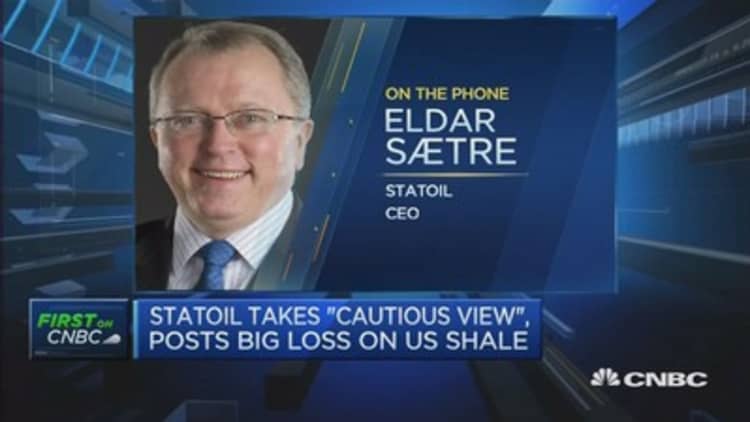Russia's Rosneft is awaiting a European court ruling on what it claims are illegal sanctions linked to Moscow's involvement in Ukraine. But one analyst suggests the case may be a backdoor effort by the Kremlin to circumvent trade and business restrictions.
Companies like Rosneft have been under EU sanctions since 2014, shortly after similar measures were introduced by the U.S. These penalties were an effort to heap pressure on Russia over the annexation of Crimea and for allegedly backing separatists that helped extend Ukraine's civil war.
Sanctions have blocked the oil major from foreign financing and launching joint projects with Western firms, adding strain to a company already suffering the effects of low oil prices, which have dropped around 70 percent from mid-June in 2014.
Rosneft has claimed sanctions are illegitimately punishing market players who aren't playing a part in state decision-making.
But efforts at redress may be driven by politics. Rosneft is indeed a publicly-listed company but is 69 percent owned by the Russian government.
"Moscow is desperate to undermine the sanctions regime in any way that it can, and has been pursuing legal challenges in parallel with political efforts," Daragh McDowell, a principal analyst for Europe and Central Asia at political risk analysis firm Verisk Maplecroft, told CNBC by email.
"The ban on provision of finance to Rosneft and other oil majors is particularly harmful given the current state of the industry, and the fact that the Russian state is increasingly unable to offer financial support to companies in financial jeopardy," he explained.
Rosneft's case, which was originally launched in the U.K., was referred to the European Court of Justice by London earlier this month.
Now the court's decision could set precedent for how countries across the 28-country bloc move forward with sanctions against other Russian firms like and VTB which have filed similar cases in an effort to re-enter Western markets.
Ultimately, though, it could be a feather in the Kremlin's cap.

"Lifting sectoral sanctions would not be a panacea for Russia's current recession, which is driven largely by oil prices, but would be a major political victory as well as shifting the burden of supporting Rosneft and other large, inefficient state-owned enterprises off of the state, at least partially," McDowell said.
And Rosneft may have a chance, if a case launched by Iran's Bank Mellat is any indication. The Iranian lender is now seeking damages from the British government after the European Court of Justice earlier this month ruled that the bank's assets shouldn't have been frozen by the European Council in relation to nuclear sanctions on Tehran.
The bank is now seeking $4 billion in damages, Reuters reports.
However, McDowell explained that even if sanctions were lifted, it's not clear whether Rosneft could seek similar compensation and would have to go through tedious moves to sue each EU member state separately through their national courts.
A decision on Rosneft's case is expected in two to four months.
Rosneft did not immediately respond to CNBC's request for comment.

